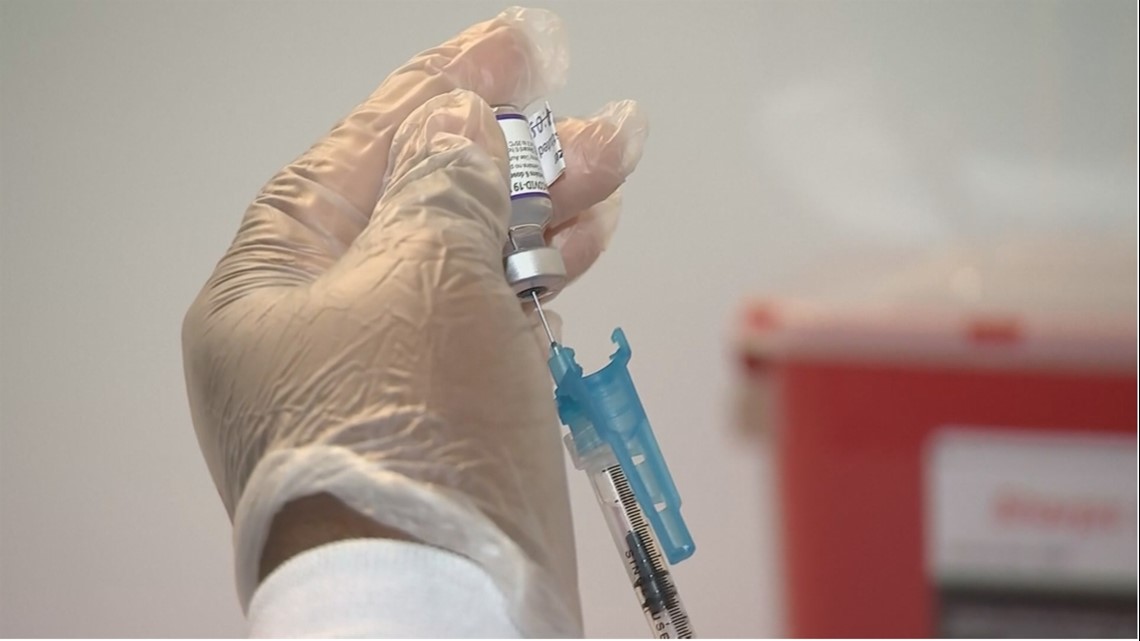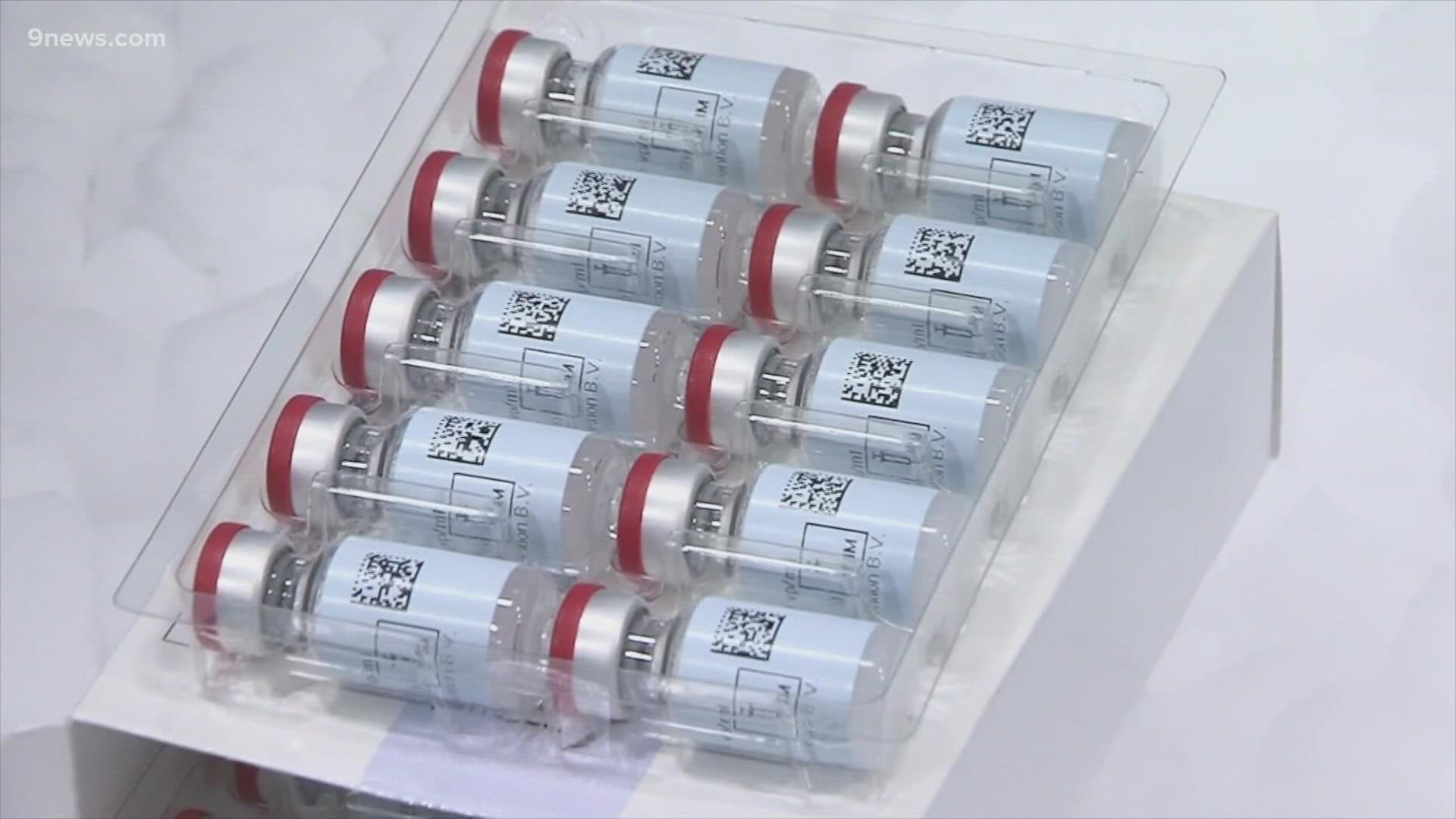DENVER — The latest variant of COVID-19 is being labeled as a variant of concern by the World Health Organization, leading to the U.S. restricting travel for non-U.S. citizens from South Africa and seven other countries, which starts Monday.
The Omicron variant is the latest to cause concern across the globe, after others like the Delta variant and B.1.1.7, which was first found in the U.K.
But 9Health expert Dr. Payal Kohli says the new travel restrictions are not a sign of panic, but rather a sign of preparation.
"So I don't think it's quite time to panic yet, but I do think that we need to have our guard up, especially going into the holidays," Dr. Kohli said. "Now, we don't yet know whether this new variant is already in our country, but part of the reason that we're trying to get ahead of it this time is we're learning from what the other variants have shown us. We've also seen that this variant has spread outside of South Africa already to other countries. And so travel really is that mechanism by which that variant can spread. So until we get more information about the variant, I like to think of this is more of a precautionary measure for us to really get ahead of the variant before it starts getting ahead of us."
She says the World Health Organization listing the variant as a variant of concern means health leaders are worried about a variety of things, like whether it's more transmissible or is more likely to get someone sick, or if the vaccines would be impacted. But Dr. Kohli says the process to figure that out is still in the early stages, and more information is needed.


"Before we get ahead of ourselves and start predicting what's going to happen, we need to collect information and that really needs actually getting this variant in the lab and checking it against the antibodies that we make against the vaccine, the antibodies that we make against natural infection with the Delta variant and really trying to understand just how much these mutations in this new variant can affect our immune response and our ability to stay protected if we've been vaccinated," she said.
Like previous mutations, the ones people are seeing in the Omicron variant have to do with the spike protein.
"Which is the protein that the virus uses to get inside of our cells. It's also the protein that all of the vaccines are targeting antibodies against," Dr. Kohli explained.
As for the vaccines currently in use, Dr. Kohli is hopeful that if the variant proves to be difficult to fight off, that another layer of protection kicks in.
"We also, when we get vaccinated, get a different type of cell that's independent of the antibodies called a ‘T cell’ that gets activated to attack the virus as well. So we're hoping that even if those antibodies don't stick perfectly to the new variant, we also have some of those memory ‘T cells’ that are able to really offer us some protection," she said.
Overall, Dr. Kohli believes the variant is a concern, but much more information is needed to better understand it.
"You know, I'm worried we're headed into the travel season. We have this potentially more aggressive variant that's facing us and we still have a large proportion of our population not vaccinated, and we have an even larger proportion of the vaccinated population that has not been boosted. So I really think we need all hands on deck right now," she said. "I am optimistic and hopeful that as some of these variants emerge, the next iteration of the vaccines, the next version of the vaccines is hopefully going to be upgraded to potentially involve some of these variants."
She adds that one of the most critical things moving forward is more genome sequencing, or genotyping.
That's a method used to figure out which COVID-19 cases carry a certain variant.
The Colorado Department of Public Health and Environment's laboratory and some private labs conduct this method on human samples that are positive for COVID-19 from around the state, according to a department spokesperson.
That allows the state to track the circulating variants. To date, a spokesperson says the Omicron variant has not yet been detected in Colorado.
SUGGESTED VIDEOS: COVID-19 Coronavirus

